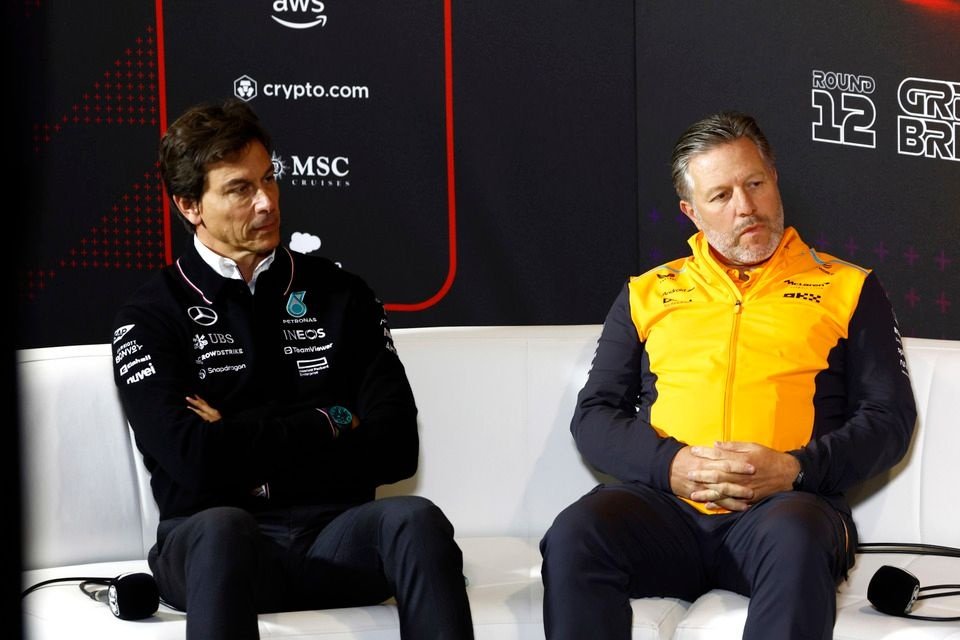FIA’s Future Engine Regulations Discussed in Bahrain
In a pivotal meeting held in Bahrain, Formula 1 stakeholders convened to address the future of the sport’s engine regulations ahead of the 2026 season. Central to discussions were two key questions posed by Nikolas Tombazis, the FIA’s single-seater commission director: What is the long-term vision for F1’s engine formula, and what interim adjustments should be considered?
Regulatory Landscape
The FIA proposed two options: either shorten the cycle of the upcoming regulations or abandon them entirely. Consensus among major manufacturers, including Audi and Honda, quickly dismissed the latter option. Daimler CEO Ola Kallenius echoed this sentiment, emphasizing the importance of stability in the regulations as they relate to sustainability goals. Mercedes team principal Toto Wolff stressed, "F1 must be a reliable partner," underscoring the need for regulatory consistency.
Future Engine Configurations
The FIA confirmed that some degree of electrification remains a priority in future engine designs. Discussions included the potential return of a V10 or V8 configuration featuring KERS, though concerns about weight penalties and fuel consumption complicate this pathway. Audi advocates for turbo-powered engines, citing relevance to road car technology. In contrast, drivers like Esteban Ocon expressed dissatisfaction with the current turbo sound, advocating for naturally aspirated alternatives.
The FIA’s position underlines a broader recognition of sustainability and technological relevance as essential to maintaining manufacturer engagement. Regulatory changes must accommodate these factors to prevent alienation of critical stakeholders.
Concerns Over 2026 Regulations
The atmosphere surrounding the 2026 regulations has grown contentious. Carlos Sainz articulated a lack of confidence in the current framework, noting dissatisfaction with its anticipated racing dynamics. McLaren’s Andrea Stella called for collaborative efforts to refine the regulations, emphasizing the need to protect the sport’s interests.
Red Bull’s Christian Horner raised alarms about the race ratio between electric and conventional power, warning that current ratios could lead to uncompetitive and dull racing. Wolff, while skeptical of the urgency for amendments, acknowledged the differing perspectives on what constitutes the best interest for the sport.
Conclusion
As discussions progress, it’s clear that the future of F1’s engine regulations hinges on balancing manufacturer interests with competitive integrity and audience appeal. The FIA’s emphasis on consensus and broad agreement underscores the complexities inherent in formulating effective regulations that resonate across the paddock. The coming months will be critical as the FIA navigates these challenges ahead of the 2026 season.


